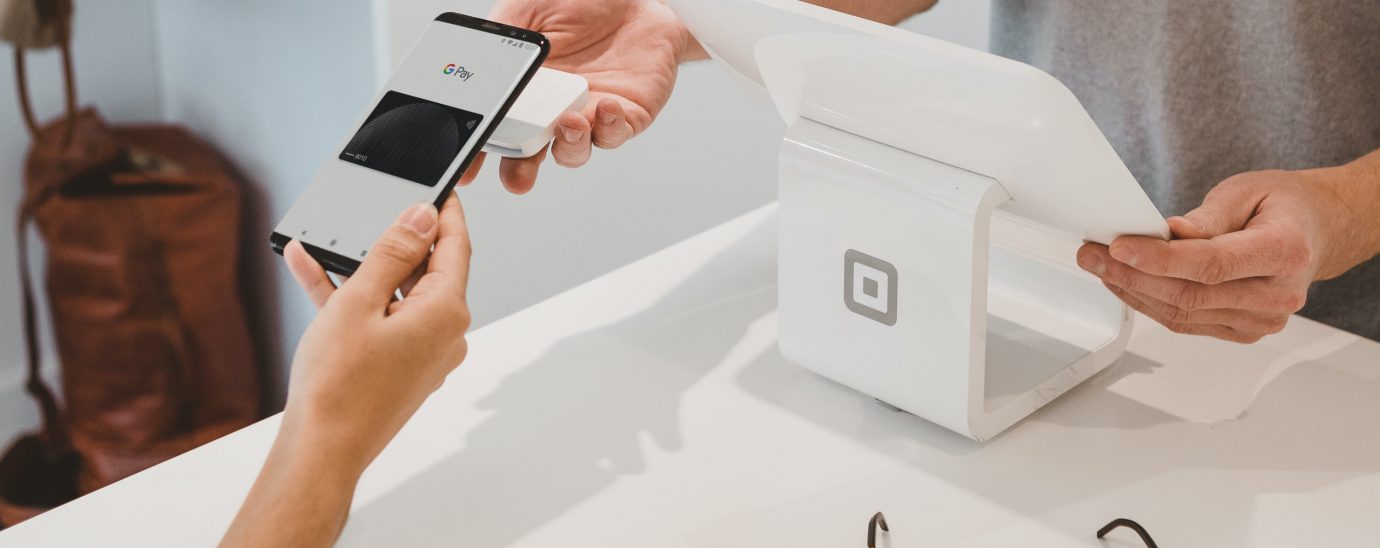Payment evolution as part of Industry 4.0

In this article, Ralf Gladis, CEO, at global payment service provider Computop, looks at the impact of the fourth industrial revolution on the world of payments.
The fourth industrial revolution is well underway and the benefits of the convergence of technologies are widely known. This does not mean, however, that bringing digital and physical systems together to improve operations and become more innovative is easy. On the contrary, the challenges of leveraging the full potential of Industry 4.0 remain a concern, with many global leaders feeling that their organizations are simply unprepared for change. A 2018 report said that only 15% of C-suite respondents believed their company was prepared to address smart and autonomous technologies.
Whether prepared or not, the tidal wave of digital transformation is already forcing change in almost every aspect of daily lives, including how we pay for goods. Consumers embraced the convenience of contactless and the security benefits of tap-to-pay using smartphones protected by biometric authentication. In B2B, change is also happening and digital innovations are vying with general economic growth to expand the number of non-cash transactions globally. According to a Mastercard estimate, the current global business payments market exceeds $100 tn.
The move from people to machines
So what does Industry 4.0 mean to business payment processing? It represents innovation, allowing organizations to digitally connect the various processing points that are part of the payment cycle. It enables automation, and therefore improves efficiency. For many, as the onus moves from people to machines, it also reduces human error and lowers operational risk.
The Internet of Things (IoT) is an integral part of this. It enables personal payment behaviors to embrace contactless transactions, not just on mobile phones but on smartwatches, key-fobs and by giving voice commands to Alexa or Google Assistant.
A great example is the new smart fridge that automatically orders milk when the homeowner is running low or the smart printer that orders toner from Amazon and automates the payment. These depend on card payment schemes enabled by tokenization, which also ensures that the transactions are secure and not fraudulent.
The IoT is also being put to work in commercial and industrial settings. At its simplest, this involves the ordering of products and services to replenish depleting inventory in warehouses, factories, or even retail stock rooms and allows payment to be automated as part of that process.
However, at the other end of the scale, Commerzbank announced a pilot project in 2019, which focused on a ‘cash on ledger’ machine-to-machine payment process. This was between an electric charging point and a Daimler truck system. Commerzbank issued Euros on a blockchain and provided Daimler Trucks with ‘cash on ledger’ to process the payment. It demonstrated successfully that both vehicle charging and payment could be performed without any human interaction, and while this has positive implications for improved logistical efficiency, it also opens the floor to a host of other use cases involving machine-to-machine communication.
Speeding up payments
Much focus has also been on the infrastructure that is enabling real-time payments, which not only speeds up payment processing for businesses but unlocks shared data which is leading to greater security and efficiency. According to Mastercard, 85% of banks believe that real-time payments are the foundation for growth and new product enhancements.
Faster payments have been a feature of UK banking transactions for a few years, and in the B2B world, customers are now looking for further enhancements that give them even greater control. Just-in-time payments, for example, allow businesses to carefully choreograph their cash flow and avoid making late payments. For any company holding stock, such as a retailer, this model can allow them to reduce their inventory levels because immediate payment receipt would enable immediate shipment of orders.
Learning from eCommerce
Where retailers have embraced digitalization to build a huge global online commerce market, the opportunities for other industries have in the past been less clear. Industry 4.0 is now shining a light on how sectors such as manufacturing can use eCommerce to grow their customer bases. Instead of being largely invisible, manufacturers can expose their brands directly to buyers online. This direct relationship also delivers a wealth of data that, through analytics, can reveal important information that will shape product and service planning for the future.
Manufacturers embracing B2B commerce have found that, in the absence of expert salespeople, a product configurator allows buyers to customize their options so they can order what they need. Add into this real-time pricing, and buyers can research, select and purchase products with a clear view of the cost throughout the process.
In its Business Payments 2022 whitepaper, Mastercard asked the question ‘What will the business world of 2022 look like?’. It said we would see full interoperability between inter-organizational, client product delivery, and vendor systems and also that fundamental cash cycle functions would communicate and exchange transaction information in real-time. But perhaps most importantly it said that payment choices would align with the best interests of both the buyer and the supplier.
The fourth industrial revolution is taking us all on a fantastic digital journey that is not without its challenges. But if it can balance the interests of consumers, businesses, and industries, the effort to get there will be worth it.
Click here to discover more of our podcasts
For more news from Top Business Tech, don’t forget to subscribe to our daily bulletin!
